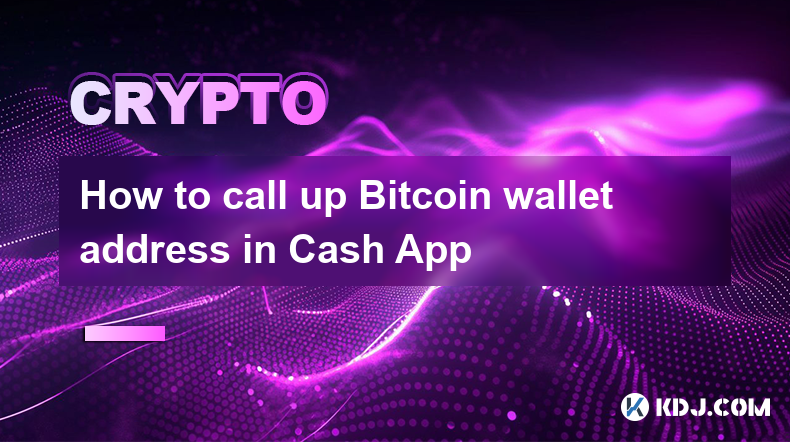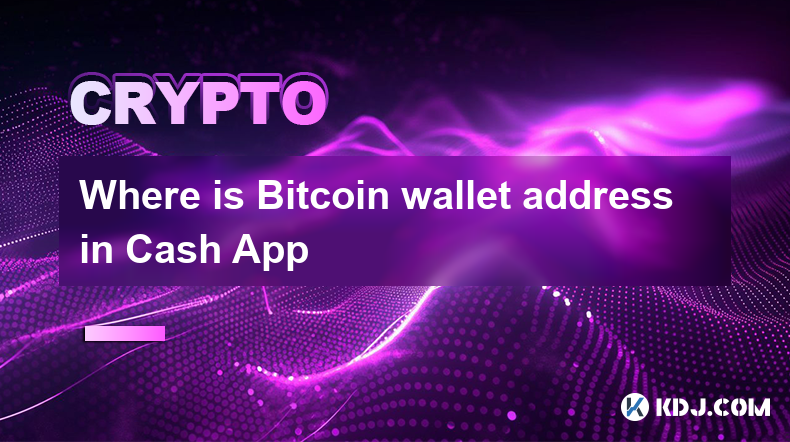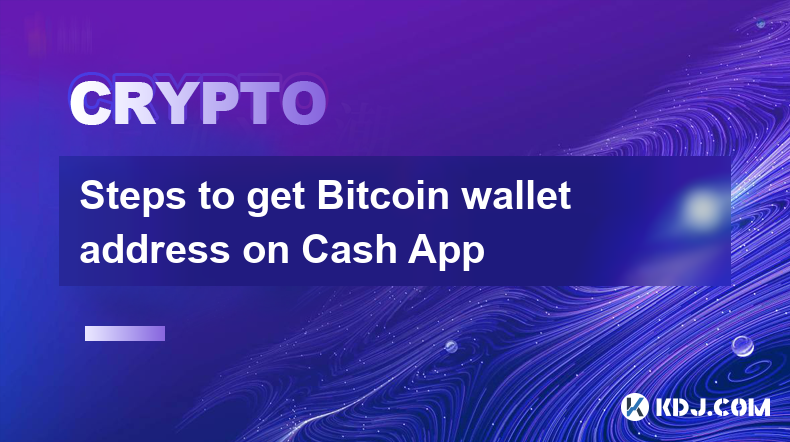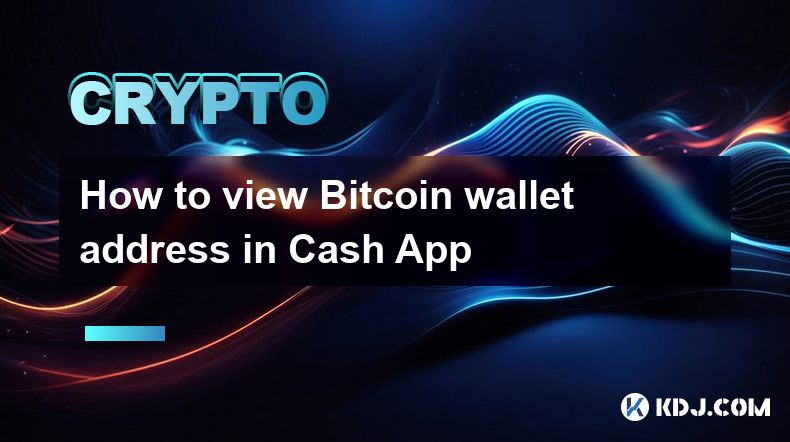-
 Bitcoin
Bitcoin $82,383.6552
-1.79% -
 Ethereum
Ethereum $1,836.3563
-2.05% -
 Tether USDt
Tether USDt $0.9997
0.03% -
 XRP
XRP $2.1097
-3.46% -
 BNB
BNB $605.5926
-2.98% -
 Solana
Solana $126.1235
-2.92% -
 USDC
USDC $1.0001
0.02% -
 Dogecoin
Dogecoin $0.1694
-5.89% -
 Cardano
Cardano $0.6699
-4.03% -
 TRON
TRON $0.2351
1.38% -
 Toncoin
Toncoin $3.7127
-4.12% -
 Chainlink
Chainlink $13.6301
-3.62% -
 UNUS SED LEO
UNUS SED LEO $9.6157
-0.80% -
 Avalanche
Avalanche $19.9219
-0.21% -
 Stellar
Stellar $0.2660
-2.61% -
 Shiba Inu
Shiba Inu $0.0...01266
-4.21% -
 Sui
Sui $2.3147
-8.78% -
 Hedera
Hedera $0.1688
-7.27% -
 Litecoin
Litecoin $85.9160
-1.44% -
 Polkadot
Polkadot $4.0614
-5.74% -
 MANTRA
MANTRA $6.2209
-0.79% -
 Bitcoin Cash
Bitcoin Cash $306.2225
-0.49% -
 Bitget Token
Bitget Token $4.6090
-2.00% -
 Pi
Pi $0.7927
-5.07% -
 Dai
Dai $1.0000
0.02% -
 Ethena USDe
Ethena USDe $0.9995
0.08% -
 Hyperliquid
Hyperliquid $13.0227
-4.07% -
 Monero
Monero $215.8582
-0.96% -
 Uniswap
Uniswap $5.9755
-2.29% -
 Aptos
Aptos $5.2938
-4.68%
how to start trading bitcoin
Beginners should research Bitcoin's fundamentals and choose a reputable exchange before investing, understanding the inherent volatility and employing sound risk management strategies to mitigate potential losses.
Mar 24, 2025 at 12:42 pm

How to Start Trading Bitcoin: A Beginner's Guide
Bitcoin, the pioneering cryptocurrency, has captivated the world with its decentralized nature and potential for high returns. However, venturing into Bitcoin trading requires careful planning and understanding. This guide will walk you through the essential steps, helping you navigate this exciting yet volatile market.
First, you need to understand the basics of Bitcoin. It's a digital currency, not controlled by any government or central bank. Its value fluctuates dramatically based on supply and demand, market sentiment, and regulatory news. Researching Bitcoin's history and underlying technology (blockchain) is crucial before investing. Understanding the risks involved is paramount; Bitcoin trading carries significant volatility.
Next, you'll need to secure a cryptocurrency exchange account. Numerous platforms offer Bitcoin trading, each with its fees, security measures, and available features. Research different exchanges to find one that suits your needs and risk tolerance. Consider factors like reputation, security protocols (two-factor authentication is essential), and the availability of educational resources. Never rush into choosing an exchange.
Once you've selected an exchange, you'll need to fund your account. Most exchanges accept bank transfers, credit/debit cards, and sometimes even other cryptocurrencies. Understand the fees associated with depositing funds, as these can vary significantly. Carefully follow the exchange's instructions for depositing funds to avoid errors and delays.
After funding your account, you can finally begin buying Bitcoin. Most exchanges provide a simple interface for buying Bitcoin with your chosen fiat currency (like USD or EUR). Specify the amount of Bitcoin you want to purchase and confirm the transaction. Remember to always double-check the details before finalizing your purchase to avoid mistakes.
Now that you own Bitcoin, you'll need to consider storage. Exchanges offer custodial wallets, meaning they store your Bitcoin for you. However, for increased security, consider using a personal hardware wallet or software wallet. Hardware wallets offer the highest level of security, while software wallets are more convenient but potentially less secure. Choose the storage option that best aligns with your security needs and technical expertise.
Learning about different trading strategies is crucial for success. There are various approaches, including day trading (buying and selling within a single day), swing trading (holding for a few days or weeks), and long-term investing (holding for months or years). Each strategy has its own risks and rewards. Research different strategies and choose one that aligns with your risk tolerance and time commitment.
Technical analysis involves studying price charts and indicators to predict future price movements. This requires learning about chart patterns, support and resistance levels, and various technical indicators. Fundamental analysis focuses on factors that influence Bitcoin's value, such as adoption rates, regulatory changes, and technological advancements. Combining both approaches can provide a more comprehensive view of the market.
Risk management is paramount in Bitcoin trading. Never invest more than you can afford to lose. Diversify your portfolio by investing in other cryptocurrencies or assets to reduce risk. Use stop-loss orders to limit potential losses. Continuously monitor the market and adjust your strategies as needed. Avoid emotional decision-making, and stick to your trading plan.
Understanding Bitcoin's volatility is essential. Bitcoin's price can fluctuate dramatically in short periods. Be prepared for significant price swings and don't panic sell during market downturns. Remember that long-term investment often requires patience and resilience. Avoid chasing quick profits, and focus on a long-term strategy.
Staying informed about market trends is vital. Follow reputable news sources and analysts to stay updated on relevant developments. Be aware of scams and fraudulent activities. Never share your private keys or seed phrases with anyone. Always be cautious of unsolicited investment advice.
Learning to use charting tools and platforms is essential for technical analysis. Many exchanges and third-party platforms offer advanced charting tools. Learning to interpret price charts, volume, and indicators will help you make more informed trading decisions. Familiarize yourself with different chart types (candlestick, line, bar) and technical indicators (RSI, MACD, moving averages).
Finally, continuous learning is crucial. The cryptocurrency market is constantly evolving. Stay updated on new developments, technologies, and regulations. Consider taking online courses or attending webinars to enhance your knowledge and skills. Regularly review your trading strategies and adjust them as needed.
Frequently Asked Questions:
Q: What is the minimum amount I need to start trading Bitcoin?
A: There's no minimum amount, but most exchanges have minimum deposit requirements. It's advisable to start small to gain experience before investing larger sums.
Q: Is it safe to store Bitcoin on an exchange?
A: While convenient, storing Bitcoin on an exchange exposes you to the risk of exchange hacks or security breaches. Hardware wallets are generally considered safer.
Q: How can I avoid scams in the Bitcoin market?
A: Be wary of promises of guaranteed high returns, unsolicited investment advice, and platforms with poor reputations. Do your own research and only use reputable exchanges.
Q: What are the tax implications of Bitcoin trading?
A: Tax laws regarding cryptocurrency vary by jurisdiction. Consult a tax professional to understand the tax implications in your region.
Q: How much can I realistically make trading Bitcoin?
A: There's no guaranteed profit in Bitcoin trading. Profits depend on various factors, including market conditions, your trading skills, and risk management. Significant losses are also possible.
Q: What should I do if I lose money trading Bitcoin?
A: Review your trading strategy, learn from your mistakes, and consider seeking advice from experienced traders. Remember that losses are a part of trading, and it's crucial to manage risk effectively.
Q: Is Bitcoin trading suitable for everyone?
A: No. Bitcoin trading involves significant risk and is not suitable for everyone. It requires knowledge, patience, and a strong understanding of risk management. Only invest what you can afford to lose.
Disclaimer:info@kdj.com
The information provided is not trading advice. kdj.com does not assume any responsibility for any investments made based on the information provided in this article. Cryptocurrencies are highly volatile and it is highly recommended that you invest with caution after thorough research!
If you believe that the content used on this website infringes your copyright, please contact us immediately (info@kdj.com) and we will delete it promptly.
- ExoraPad Presale Surges: Token Sale Captivates Investors Amidst XRP Ecosystem Revival
- 2025-03-30 00:00:22
- Bitcoin (BTC) Market Tense as Over $14000000000 in Options Expire Today
- 2025-03-30 00:00:22
- BTC Bull Token (BTCBULL) Presale Surpasses $4 Million as Investors Target Bitcoin-Linked Rewards
- 2025-03-29 23:55:12
- Is a $150 Price Still Realistic for Polkadot (DOT) This Bull Run?
- 2025-03-29 23:55:12
- As the Broader Market Consolidates, Analysts Are Closely Watching Five Specific Tokens
- 2025-03-29 23:50:12
- WallitIQ (WLTQ) Has Become the Favorite Investment for Most Crypto Enthusiasts Due to Its Mass Adoption and Rapid Growth Potential.
- 2025-03-29 23:50:12
Related knowledge

How to open a Bitcoin spot trading account
Mar 29,2025 at 12:43pm
Choosing the Right ExchangeOpening a Bitcoin spot trading account involves selecting a reputable cryptocurrency exchange. Several factors are crucial here. Consider the exchange's security features – look for two-factor authentication (2FA) and robust security protocols. Examine trading fees, as these can significantly impact your profits. Check the av...

What basic conditions must be met for Bitcoin spot trading
Mar 29,2025 at 11:43pm
? Understanding the Prerequisites for Bitcoin Spot TradingBitcoin spot trading, unlike futures or derivatives trading, involves the immediate exchange of Bitcoin (BTC) for fiat currency (like USD, EUR, etc.) or another cryptocurrency. To engage in this, several crucial conditions must be met, both on the regulatory and practical fronts. Let's delve into...

How to call up Bitcoin wallet address in Cash App
Mar 29,2025 at 05:29pm
Cash App, a popular peer-to-peer payment app, allows users to buy, sell, and hold Bitcoin. However, accessing your Bitcoin wallet address directly within the app isn't as straightforward as some other cryptocurrency wallets. This article will guide you through the process and address common concerns. Understanding Bitcoin Addresses in Cash AppUnlike so...

Where is Bitcoin wallet address in Cash App
Mar 29,2025 at 10:56am
? Cash App, a popular mobile payment service, allows users to buy, sell, and hold Bitcoin. However, finding your Bitcoin wallet address isn't as straightforward as with some other crypto wallets. Cash App doesn't display a traditional wallet address in the same way as dedicated Bitcoin wallets like Electrum or Exodus. This is because Cash App manages th...

Steps to get Bitcoin wallet address on Cash App
Mar 29,2025 at 11:49pm
Steps to Get a Bitcoin Wallet Address on Cash App Cash App, a popular peer-to-peer payment app, allows users to buy, sell, and hold Bitcoin. However, unlike dedicated cryptocurrency wallets, it doesn't directly display a Bitcoin wallet address in the traditional sense. Instead, it uses a system that manages Bitcoin transactions internally. Understanding...

How to view Bitcoin wallet address in Cash App
Mar 29,2025 at 02:35pm
Cash App, a popular peer-to-peer payment app, allows users to buy, sell, and hold Bitcoin. However, accessing your Bitcoin wallet address isn't as straightforward as some other crypto wallets. This article will detail the process and address common concerns. Finding Your Bitcoin Receiving AddressUnlike some dedicated crypto wallets that prominently dis...

How to open a Bitcoin spot trading account
Mar 29,2025 at 12:43pm
Choosing the Right ExchangeOpening a Bitcoin spot trading account involves selecting a reputable cryptocurrency exchange. Several factors are crucial here. Consider the exchange's security features – look for two-factor authentication (2FA) and robust security protocols. Examine trading fees, as these can significantly impact your profits. Check the av...

What basic conditions must be met for Bitcoin spot trading
Mar 29,2025 at 11:43pm
? Understanding the Prerequisites for Bitcoin Spot TradingBitcoin spot trading, unlike futures or derivatives trading, involves the immediate exchange of Bitcoin (BTC) for fiat currency (like USD, EUR, etc.) or another cryptocurrency. To engage in this, several crucial conditions must be met, both on the regulatory and practical fronts. Let's delve into...

How to call up Bitcoin wallet address in Cash App
Mar 29,2025 at 05:29pm
Cash App, a popular peer-to-peer payment app, allows users to buy, sell, and hold Bitcoin. However, accessing your Bitcoin wallet address directly within the app isn't as straightforward as some other cryptocurrency wallets. This article will guide you through the process and address common concerns. Understanding Bitcoin Addresses in Cash AppUnlike so...

Where is Bitcoin wallet address in Cash App
Mar 29,2025 at 10:56am
? Cash App, a popular mobile payment service, allows users to buy, sell, and hold Bitcoin. However, finding your Bitcoin wallet address isn't as straightforward as with some other crypto wallets. Cash App doesn't display a traditional wallet address in the same way as dedicated Bitcoin wallets like Electrum or Exodus. This is because Cash App manages th...

Steps to get Bitcoin wallet address on Cash App
Mar 29,2025 at 11:49pm
Steps to Get a Bitcoin Wallet Address on Cash App Cash App, a popular peer-to-peer payment app, allows users to buy, sell, and hold Bitcoin. However, unlike dedicated cryptocurrency wallets, it doesn't directly display a Bitcoin wallet address in the traditional sense. Instead, it uses a system that manages Bitcoin transactions internally. Understanding...

How to view Bitcoin wallet address in Cash App
Mar 29,2025 at 02:35pm
Cash App, a popular peer-to-peer payment app, allows users to buy, sell, and hold Bitcoin. However, accessing your Bitcoin wallet address isn't as straightforward as some other crypto wallets. This article will detail the process and address common concerns. Finding Your Bitcoin Receiving AddressUnlike some dedicated crypto wallets that prominently dis...
See all articles






















































































